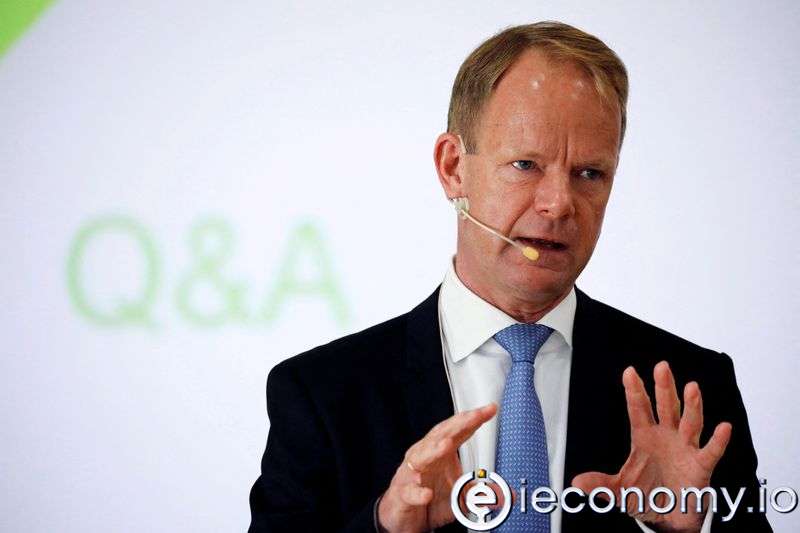9925
0
Teva Pharm expects to start paying US opioid settlement in 2023 - CEO
Teva Pharmaceutical Industries (NYSE:TEVA) expects to finalize an opioid settlement in the U.S. by the end of the year and begin payments

Yazar: Charles Porter
Yayınlanma: 19 Eylül 2022 03:05
Güncellenme: 7 Şubat 2026 16:26
Teva Pharm expects to start paying US opioid settlement in 2023 - CEO
Teva Pharmaceutical Industries (NYSE:TEVA) expects to finalize an opioid settlement in the U.S. by the end of the year and begin payments in 2023, its CEO said Sunday, while confirming that it is unlikely to renew its contract next year.
After years of negotiations, Israel-based Teva in July proposed a $4.35 billion nationwide settlement - mostly cash and partly pharmaceuticals amounting to $300 million to $400 million over 13 years - to resolve opioid lawsuits. US states, cities and counties have filed more than 3,000 lawsuits against opioid manufacturers, distributors and pharmacies, accusing them of underestimating the risks of addiction and failing to prevent the diversion of pills for illegal use. CEO Kare Schultz said Teva is working on legal wording that must be completed by the end of September. This requires the approval of the states and their subdivisions. "When they give their approval, when all of this is finalized ... then it will go into effect and that means the first payments will be made next year and it will continue for 13 years," Schultz said at a news conference. "So by the end of the year, you should have received this statement that everything is coming together and we will start paying next year." Teva has denied wrongdoing, saying it sells legal drugs approved for pain treatment. The opioid crisis in the US has caused more than 500,000 overdose deaths over the past two decades, including more than 80,000 in 2021 alone, according to government data. Schultz, who took over as CEO in December 2017, confirmed that he will not extend his contract, which expires on November 1, 2023, saying he will be 62. But he said he wanted to stay on the company's board. He said Teva would further cut costs by closing some of its plants. Since 2017, the company has reduced the number of manufacturing facilities from 80 to 53 and plans to close 10 more over the next few years. Teva's New York-listed shares are up 10% so far in 2022 to $8.81, but well off their 2015 peak of $72. Questioning the low share price, Schultz noted that Teva's price-to-earnings ratio is about 3.5, whereas a normal ratio should be 10. "Teva has one of the lowest P/E ratios I know of, and the business is actually very stable, will grow and generate cash over the long term - so it's very good for long-term investors," Schultz said. "Right now, we're worth a third of the normalized value you would see if we didn't have these risk factors." He suggested the low share price was largely due to high debt, which has fallen from $34 billion to $20 billion, and the opioid lawsuit. Follow Global Economic Developments on Social Media! Click here to follow Ieconomy official Facebook account! Click here to follow Ieconomy official Instagram account! Click here to follow Ieconomy official Twitter account!İLGİLİ HABERLER





European stocks soared and focus shifted to German retail sales after Powell's speech!

Forex Signal For TRY/USD: Inflation Slowdown in November.

Forex Signal For GBP/USD: Bullish Trend Still Not Breaking While Recovery Continues.

Forex Signal For EUR/USD: Starry US Data Points to Higher Fed Increases.

Forex Signal For BTC/USD: Downside Continues as Bitcoin Recovery Moves Less.
En Popüler Haberler
Yorum Yap
Yorumlar
Henüz yorum yapan yok! İlk yorumu siz yapın...